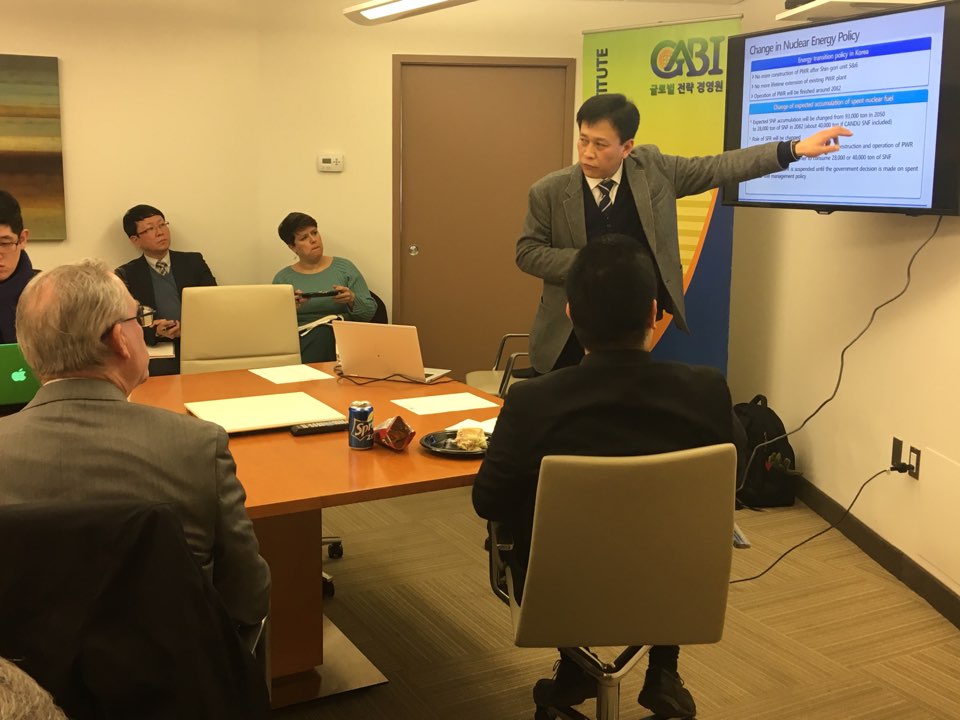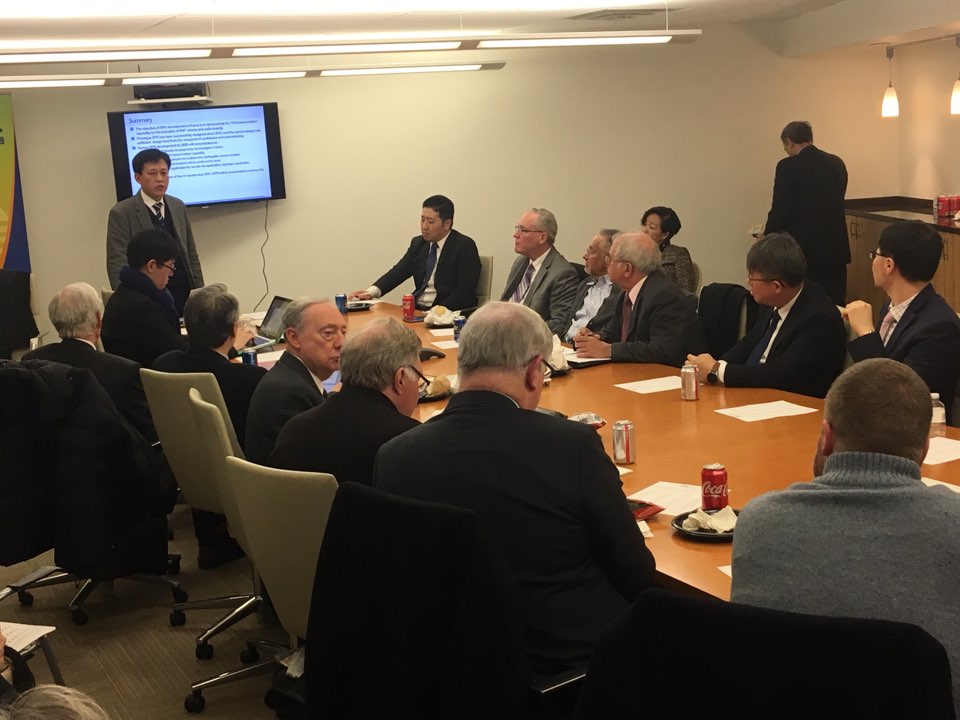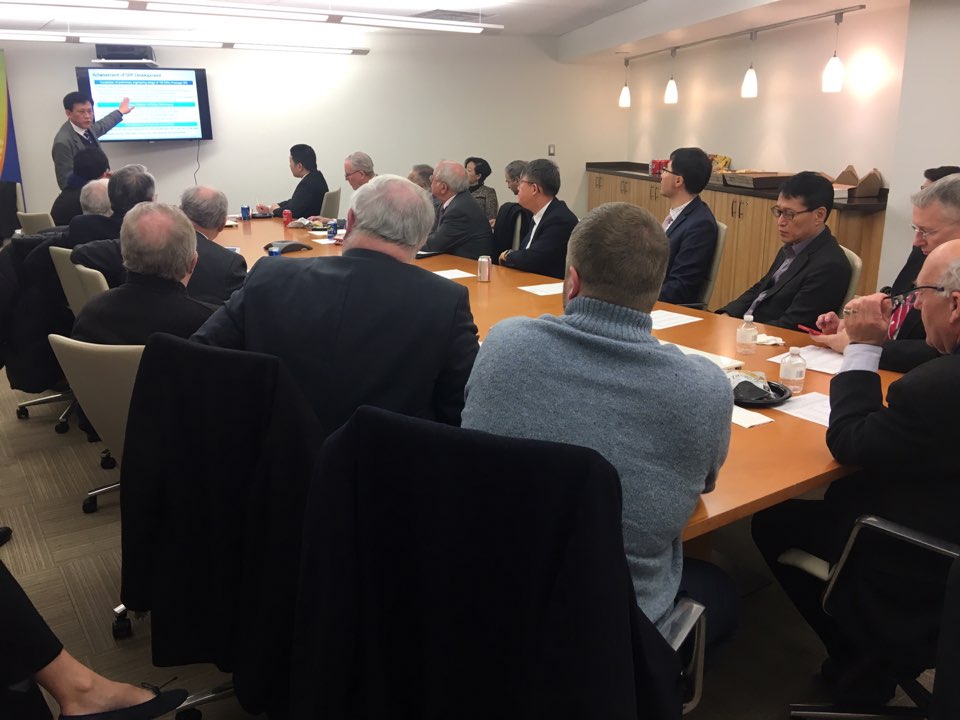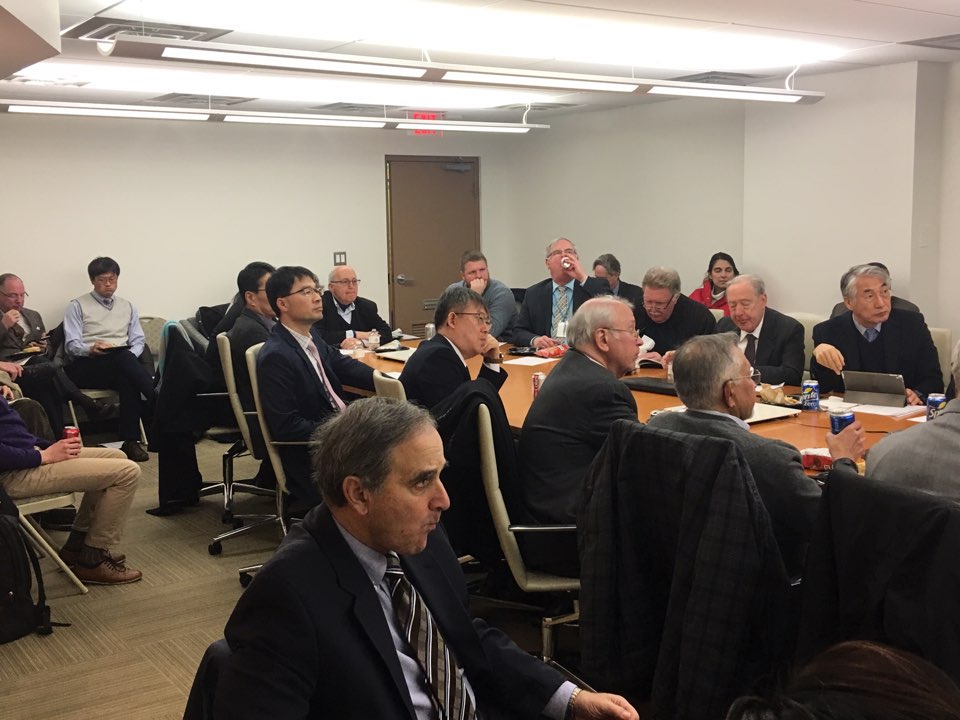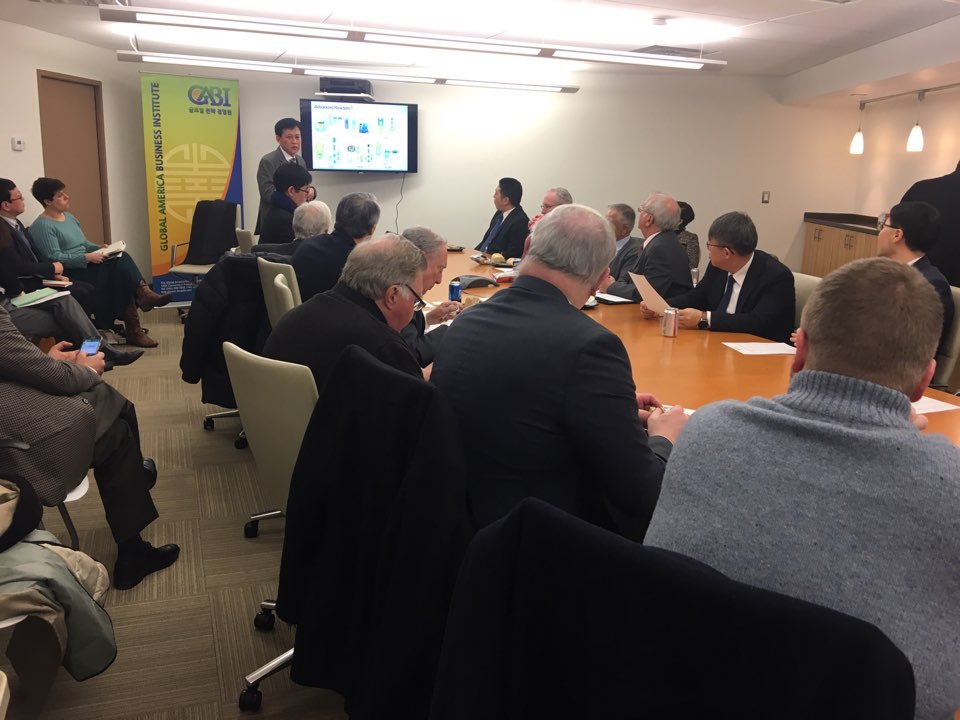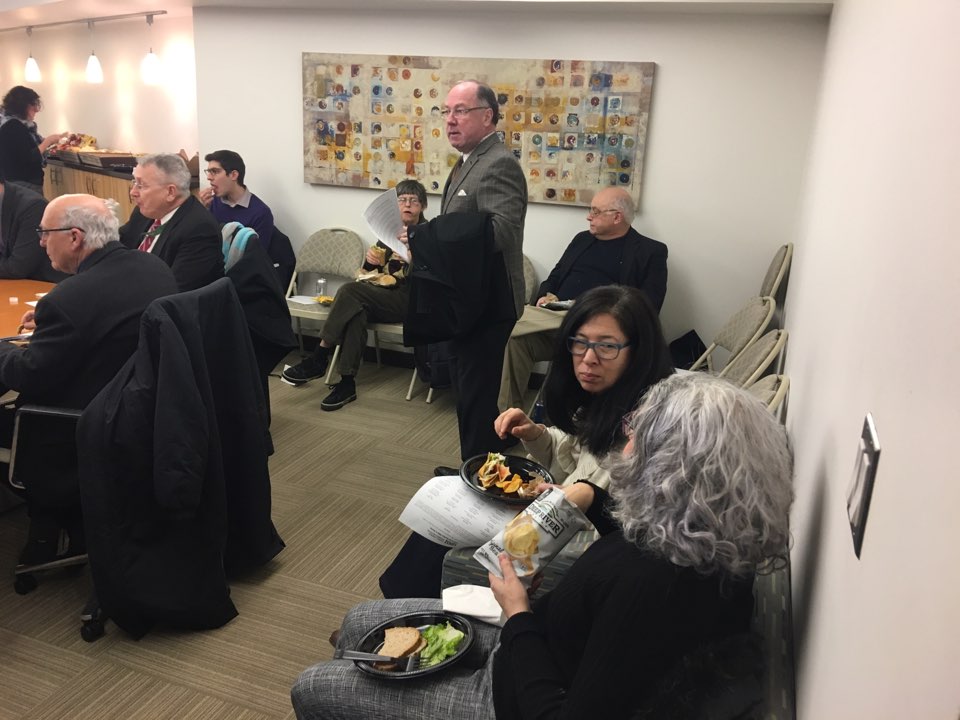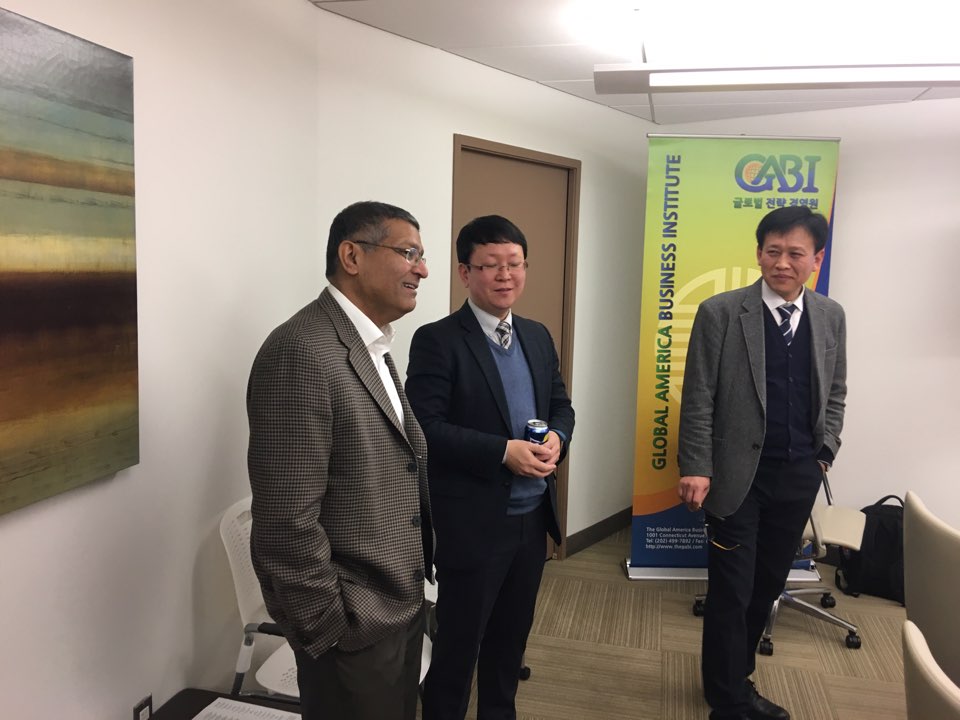Advanced nuclear R&D efforts and programs in the Republic of Korea have generally focused on sodium-cooled fast reactors (SFRs), although there has also been work on very-high-temperature reactors (VHTRs). Although a range of advanced reactor and Generation-IV designs were originally considered, the SFR was selected for its technological maturity, actinide burning capabilities, and enhanced safety characteristics. The current primary objective of SFR development in Korea is to demonstrate the technology’s TRU transmutation capability for the reduction of SNF volume and radiotoxicity. The prototype SFR design was completed in 2012, and further work is currently being conducted on further enhancing the SFR’s passive safety profile and transmutation capabilities. Studies are also being completed on the Pyroprocessing-SFR fuel cycle’s economics and proliferation resistance. Korean R&D on advanced reactors will continue to cover non-electricity applications, including hydrogen production, and other Generation-IV types.

